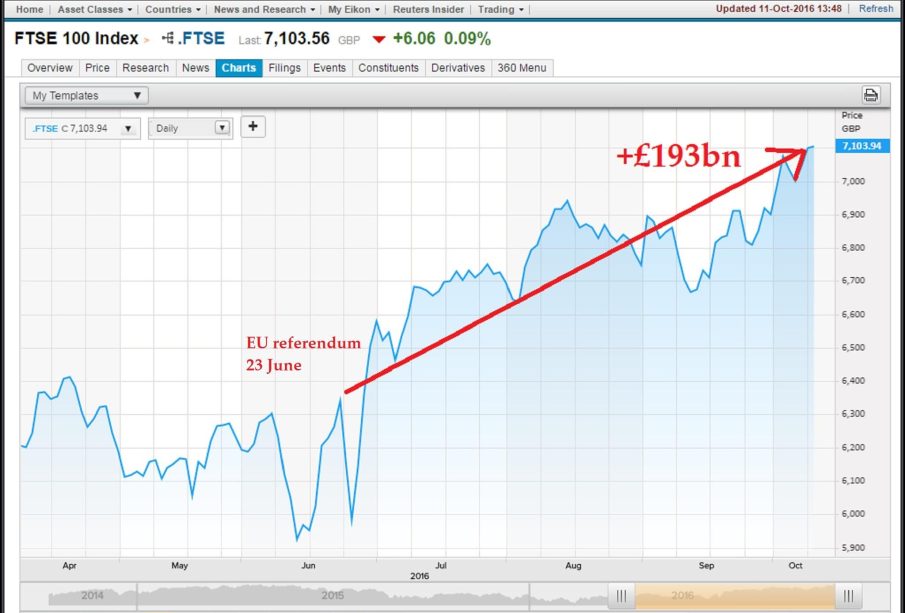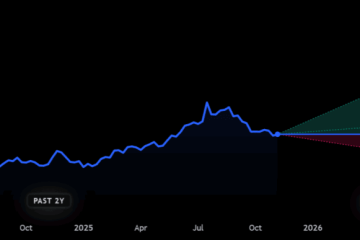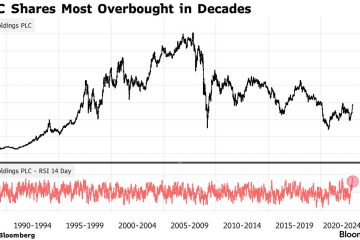Understanding the FTSE 100: Trends and Impacts

Introduction
The FTSE 100, representing the 100 largest companies listed on the London Stock Exchange (LSE), is a key indicator of the health of the UK economy. Observing its performance provides investors and economists with vital insights into market trends, corporate health, and future economic possibilities. In a time of global economic uncertainty, understanding the dynamics of the FTSE 100 becomes increasingly important.
Current Performance of the FTSE 100
As of October 2023, the FTSE 100 has shown considerable resilience amidst challenging economic conditions, including inflationary pressures and geopolitical tensions. Data from market analysts reveal that the index has recently gained approximately 8.5% over the past quarter, driven mainly by robust performances in sectors such as energy and healthcare. Major stocks such as Royal Dutch Shell and AstraZeneca have been pivotal contributors to this growth.
However, the backdrop of rising interest rates, introduced to combat inflation, poses potential challenges for future growth. The Bank of England’s recent confirmation to maintain or potentially raise interest rates further could lead to mixed responses from investors.
Key Factors Influencing the FTSE 100
Several macroeconomic factors are currently influencing the FTSE 100. Firstly, the ongoing conflict in Eastern Europe, alongside fluctuating energy prices, significantly affects companies listed on the index that are reliant on oil and gas supply chains. Secondly, the UK’s trade relations post-Brexit continue to shape corporate strategies and investment decisions in several sectors.
In addition to external factors, domestic issues like labour market fluctuations and consumer spending habits are crucial. Analysts highlight that the UK’s economic recovery post-pandemic remains fragile, and any declines in consumer confidence could affect retailers and other consumer-centric companies represented in the FTSE 100.
Conclusion and Future Outlook
In conclusion, the FTSE 100 remains a barometer of the UK economy, reflecting both challenges and opportunities ahead. For investors, understanding the interplay of global events, domestic economic policies, and market sentiment is critical for making informed investment decisions. As we move into 2024, experts predict that the index will remain volatile, but with potential for upside if inflation pressures ease and economic stability improves. As the situation evolves, keeping a close watch on the FTSE 100 will be essential for those looking to navigate the complexities of the UK financial landscape.









